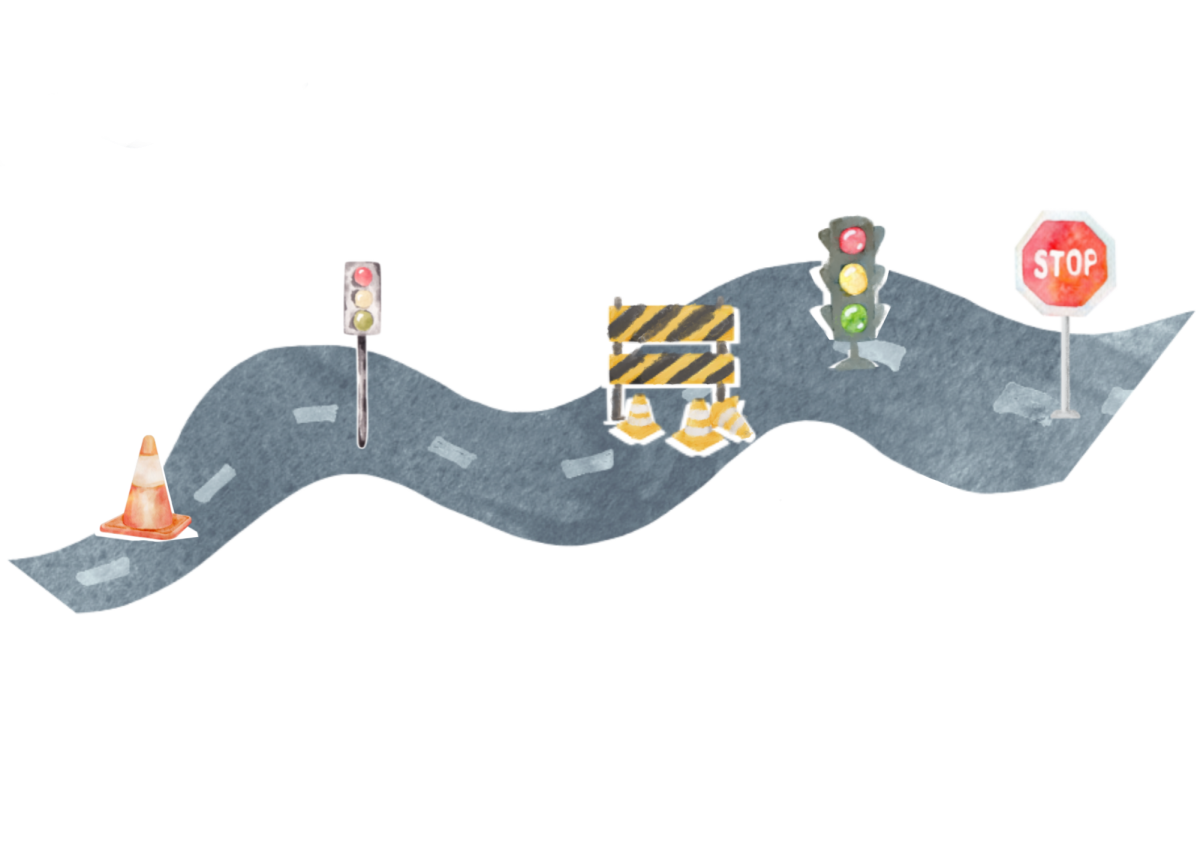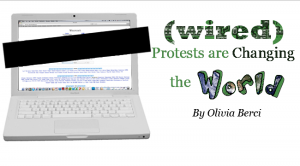The wired revolution has arrived. It has the power to shake dictatorships and subvert corporate America.
Twenty-two year old Molly Katchpole, fed up with her bank’s push for a five-dollar monthly fee for debit card use, posted the following on a website called Change.org, “At some point we’ve got to say enough is enough. Please join me in telling Bank of America you’re fed up.”
Over 300,000 people signed Katchpole’s petition, and Bank of America soon announced it was scraping the proposed fee.
Molly has since taken on Verizon, and within 24 hours after Molly’s call to action was circulated, she won that battle too. Verizon dropped its online fee.
Change.org, a campaign-hosting website, has hundreds of success stories like Molly’s.
The site allowed Lesbian women in a South African Township to force the government to fight “corrective rape.”
The headphone producer Skullcandy discontinued stencils encouraging the use of toxic spray paint on cats.
The Ecuador Ministry of Health investigated and closed ex-gay torture clinics.
Earlier this month, a petition with over 250,000 signatures which had been gathered online was delivered to Apple’s flagship New York store, demanding better treatment for workers in China.
This month, Karen Handel, the former GOP candidate for governor, resigned from her position at the Susan B. Komen for the Cure breast cancer advocacy nonprofit after an online uproar forced Komen to reverse a funding cut to Planned Parenthood.
News of Komen’s decision incited outrage among Planned Parenthood’s supporters and they sprang into action.
The organization collected $400,000 in donations by mid-afternoon the day after Komen’s decision was announced, and within twenty four hours the donations replaced Komen’s entire annual grants of $700,000.
Change.org’s leverage stems from its collaboration with the most powerful forum for change we have today: social media.
Protest is happening at such a speed that Corporate America is finding that it has to respond at a hyper-accelerated pace.
In January, two pieces of legislation: the Stop Online Piracy Act (SOPA) in the House and its Senate companion bill, the Protect IP AC (PIPA), were proposed to make it more difficult for sites to distribute pirated copyrighted material.
While SOPA and PIPA’s opponents recognize the legislation’s intentions, they spoke out against what it would actually accomplish.
The bill would prevent Internet sites from linking to sites “dedicated to the theft of U.S. property,” but the problem is that not only would the pirated portion of the website be prohibited, the entire site would be impacted.
Opponents have said it would create an “Internet blacklist.”
Google and Wikipedia went dark for twenty-four hours in protest.
Wikipedia’s homepage read,
Imagine a world without free knowledge. For over a decade, we have spent millions of hours building the largest encyclopedia in human history. Right now, the U.S. is considering legislation that could finally damage the free and open Internet.”
SOPA-related Twitter posts surfaced at a rate of a quarter-million every hour.
The only thing Wikipedia allowed its browsers to search was the name of their elected representatives.
Over eight million visitors used the site’s zip code tool to look up their elected representatives.
After the blackout was over, Wikipedia issued a thank you, stating “More than 162 million people saw our message asking if you could imagine a world without free knowledge. You said no. You shut down Congress’ switchboards. You melted their servers. From all around the world your messages dominated social media and the news. Millions of people have spoken in defense of a free and open Internet.”
SOPA and PIPA were forced to back into a Congressional shadow.
Last year, Twitter needed to make upgrades to its site; however, they received a request from the State Departmentasking them to postpone making changes while people in Iran were using it to further a movement of protest.
When one voice echoes through the rest of the world, there is limit to the difference one individual can affect.
I am writing this article in a coffee shop; I am sitting next to a homeless man who is changing his status on Facebook. He is on an iPad disguised as a cardboard box.
No one can avoid the power social media has given to those who were once powerless.
Wired protest has the capacity to give all people a voice—even to voices some may deem as being worthless.
As members of our wired universe, we have the responsibility to recognize the value of every voice and to speak when something is wrong. In the words of Molly Katchpole, “I think there’s a lot of stuff that has yet to be conquered, and I’m excited to help conquer it!”

































